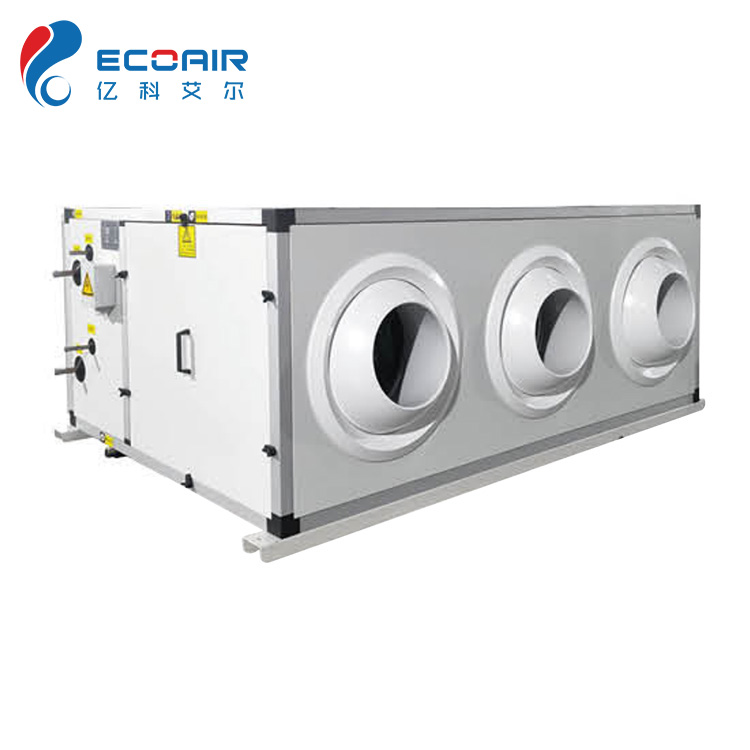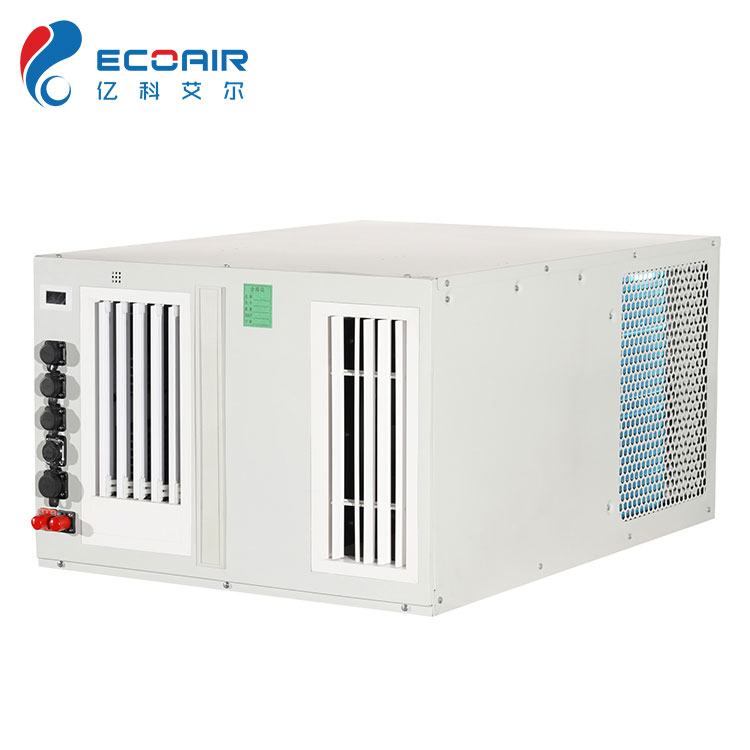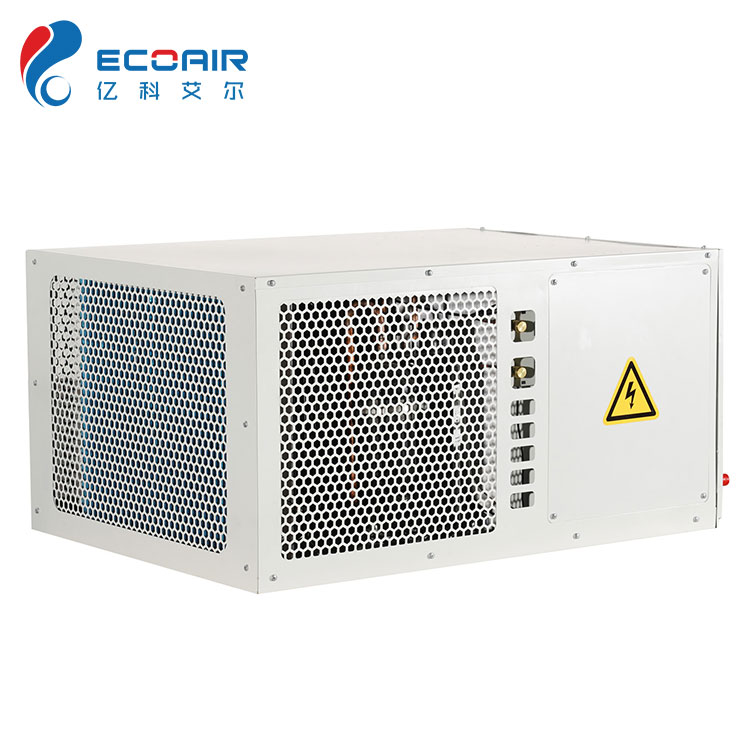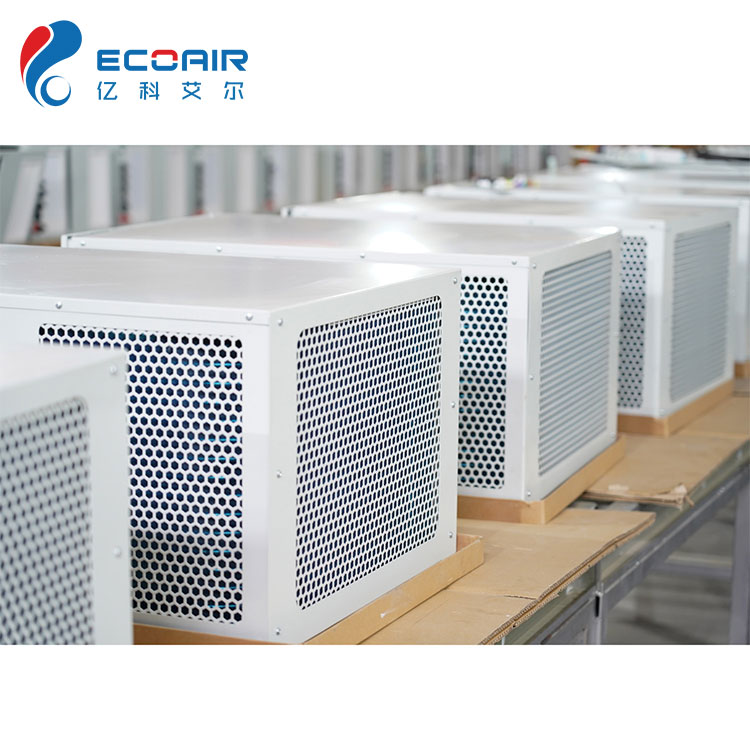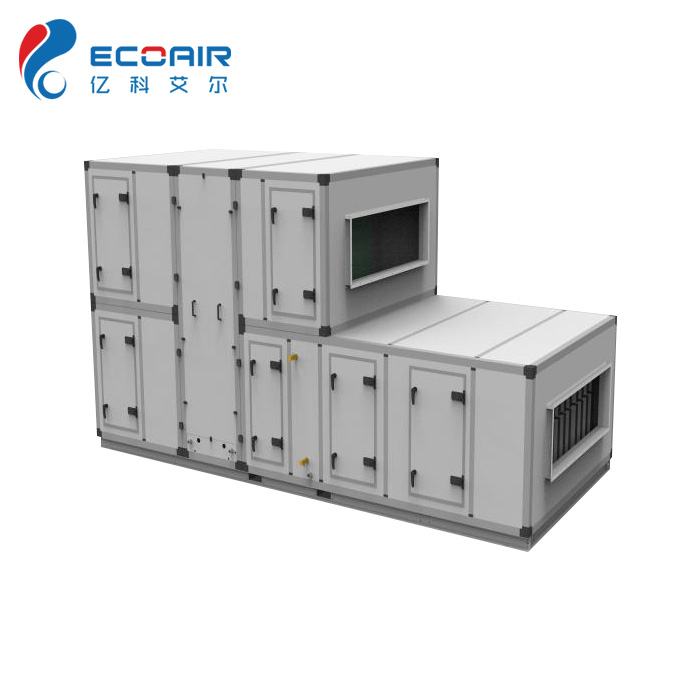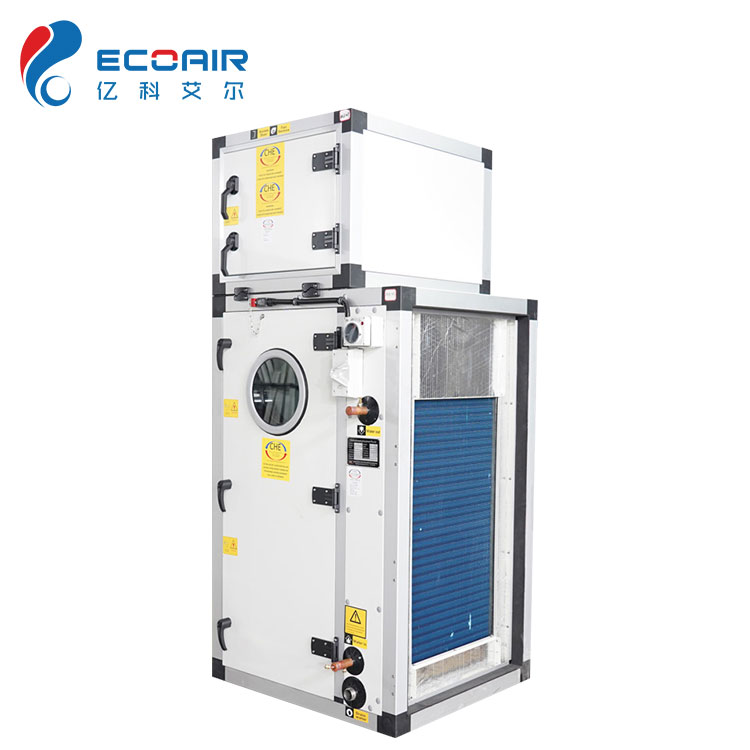Telecom Base Station Air Conditioner
Send Inquiry
Telecom base station air conditioners are specialized cooling systems designed to regulate the temperature within telecommunication equipment shelters or cabinets, particularly those hosting sensitive electronic equipment such as radio transceivers, signal processors, and other critical components of a base station. These air conditioners play a crucial role in maintaining optimal operating conditions to ensure the reliability and performance of the telecom infrastructure.
key features
Compact Design: Telecom air conditioners are often designed to be compact and fit within the limited space available in telecom equipment shelters or cabinets.
High Cooling Capacity: These air conditioners must have sufficient cooling capacity to handle the heat generated by the electronic components in the telecom equipment, especially during peak usage periods.
Climate Control: Telecom base stations are located in various environments, so the air conditioners are designed to operate effectively in different climatic conditions, providing both cooling and sometimes heating as necessary.
Energy Efficiency: Given the continuous operation of telecom equipment, energy efficiency is essential to minimize operational costs. Look for units with energy-efficient features and technologies.
Remote Monitoring and Control: Many modern telecom air conditioners come with remote monitoring and control capabilities. This allows network operators to monitor the temperature and status of the air conditioner remotely, making it easier to manage and troubleshoot issues.
Durability and Environmental Protection: Telecom base stations may be exposed to harsh weather conditions, so the air conditioners are often built to be durable and resistant to environmental factors such as dust, moisture, and extreme temperatures.
Filter Systems: Air conditioners for telecom applications usually incorporate effective filter systems to prevent dust and contaminants from entering the equipment shelters, ensuring the longevity of sensitive electronic components.
Power Supply Options: Depending on the location and available power sources, these air conditioners may support various power supply options, including standard AC power or even DC power in some cases.
Temperature and Humidity Control: Precision temperature and humidity control are critical to ensure the reliable operation of telecom equipment. Advanced units may include features for controlling both temperature and humidity levels.
Compliance with Standards: Telecom air conditioners often need to comply with industry standards and regulations to ensure compatibility with different telecom equipment and to meet safety requirements.
















